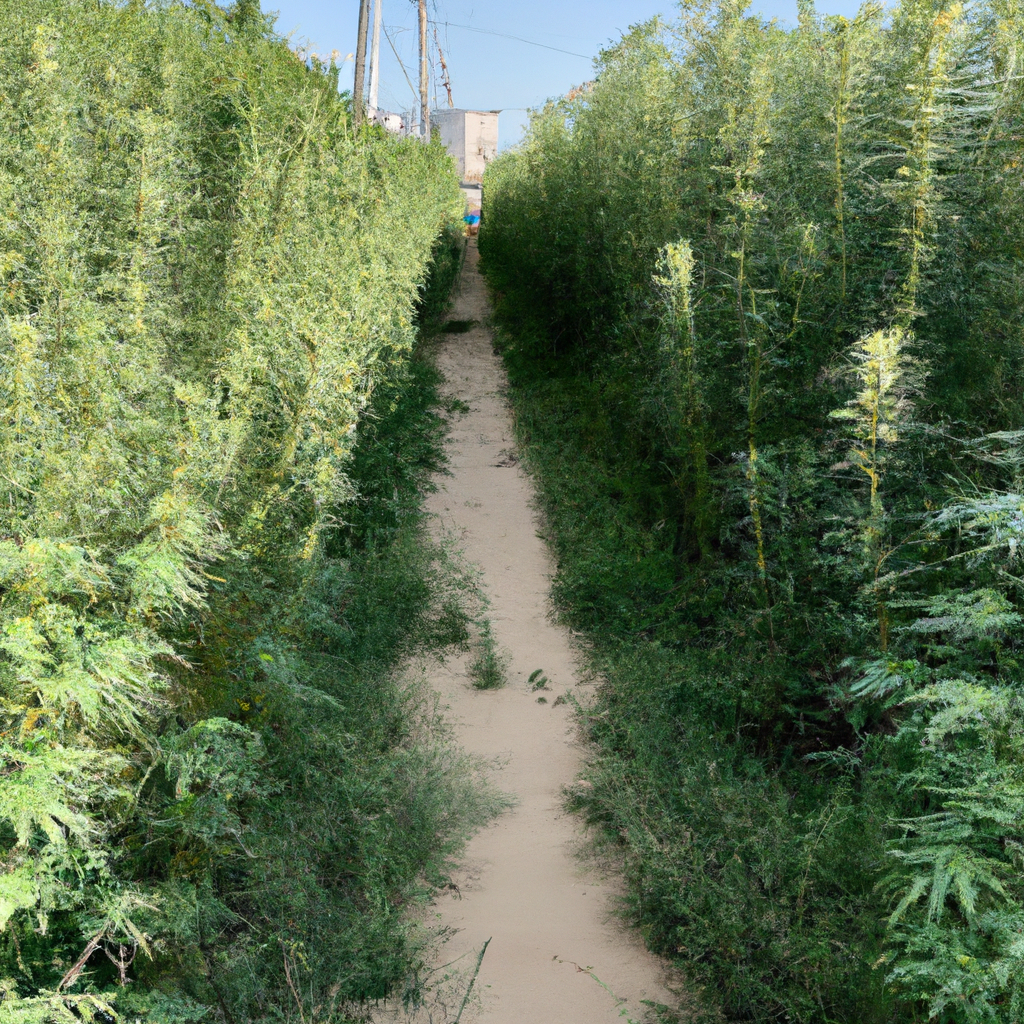
Hemp-tastic DIY: Revolutionizing Circular Design
Hemp is a versatile and sustainable crop that is revolutionizing the design industry. It’s known for its durability, eco-friendliness, and style. With the rise of circular design, more people are turning to hemp for DIY projects that are both affordable and environmentally friendly. From clothing to home decor, hemp is quickly becoming the superhero of circular design.
Hemp: The Superhero of Circular Design
Hemp is a plant that has been used for centuries for its fibers, seeds, and oil. It’s a fast-growing crop that requires little water and no pesticides, making it an environmentally friendly choice for designers. Hemp is also biodegradable and can be recycled, making it a perfect material for circular design.

Sustainable DIY: Creating Hemp Products
Hemp is an ideal material for DIY projects because it’s easy to work with and affordable. There are many ways to create hemp products at home, such as making hemp clothing, bags, and home decor. Hemp can be dyed with natural dyes and decorated with embroidery to create unique and stylish designs.
Hemp Fabric: Durable, Eco-Friendly & Stylish
Hemp fabric is one of the most durable and eco-friendly materials available. It’s stronger than cotton and can withstand wear and tear better than most other fabrics. Hemp fabric is also naturally anti-bacterial, making it an excellent choice for clothing and bedding. The fabric is also breathable and soft, making it comfortable to wear.

Hempcrete: The Miracle Material for Building
Hempcrete is a bio-composite material made from the woody core of the hemp plant. It’s a lightweight and eco-friendly alternative to traditional building materials like concrete. Hempcrete is durable, breathable, and has excellent insulation properties. It’s also fire-resistant and pest-resistant, making it a great choice for building homes and other structures.

DIY Hemp Beauty: Natural Skincare Products
Hemp oil is an excellent natural ingredient for skincare products. It’s rich in omega-3 and omega-6 fatty acids, which help to nourish and hydrate the skin. Hemp oil is also anti-inflammatory, making it an excellent choice for people with sensitive skin. DIY hemp beauty products like body lotion, lip balm, and face masks are easy to make at home and are free from harmful chemicals.
Hemp Paper: An Eco-Friendly Alternative
Hemp paper is a sustainable and eco-friendly alternative to traditional paper made from trees. Hemp paper is stronger and more durable than wood pulp paper and can be recycled multiple times. Hemp paper is also naturally acid-free, making it an ideal choice for books and archival documents.
From Plant to Product: The Hemp Revolution
The hemp revolution is transforming the design industry. From clothing to building materials, hemp is being used in creative and innovative ways. More people are discovering the benefits of hemp and are incorporating it into their DIY projects. The hemp revolution is a great way to promote sustainable living and reduce the impact of our consumption on the environment.
Go Green with Hemp: DIY Home Decor Ideas
Hemp is an excellent material for DIY home decor projects. Hemp rope, twine, and fabric can be used to create unique and stylish wall hangings, rugs, and curtains. Hemp baskets, bowls, and plant hangers can add a natural touch to any room. DIY hemp furniture like chairs, tables, and shelves are also easy to make and are a great way to add a sustainable element to your home.
Hemp is a versatile and sustainable crop that is revolutionizing the design industry. With its many benefits, more people are turning to hemp for their DIY projects. From clothing to home decor, hemp is an affordable and eco-friendly choice that can help promote sustainable living. The hemp revolution is here, and it’s time to join in and make a positive impact on the environment.





